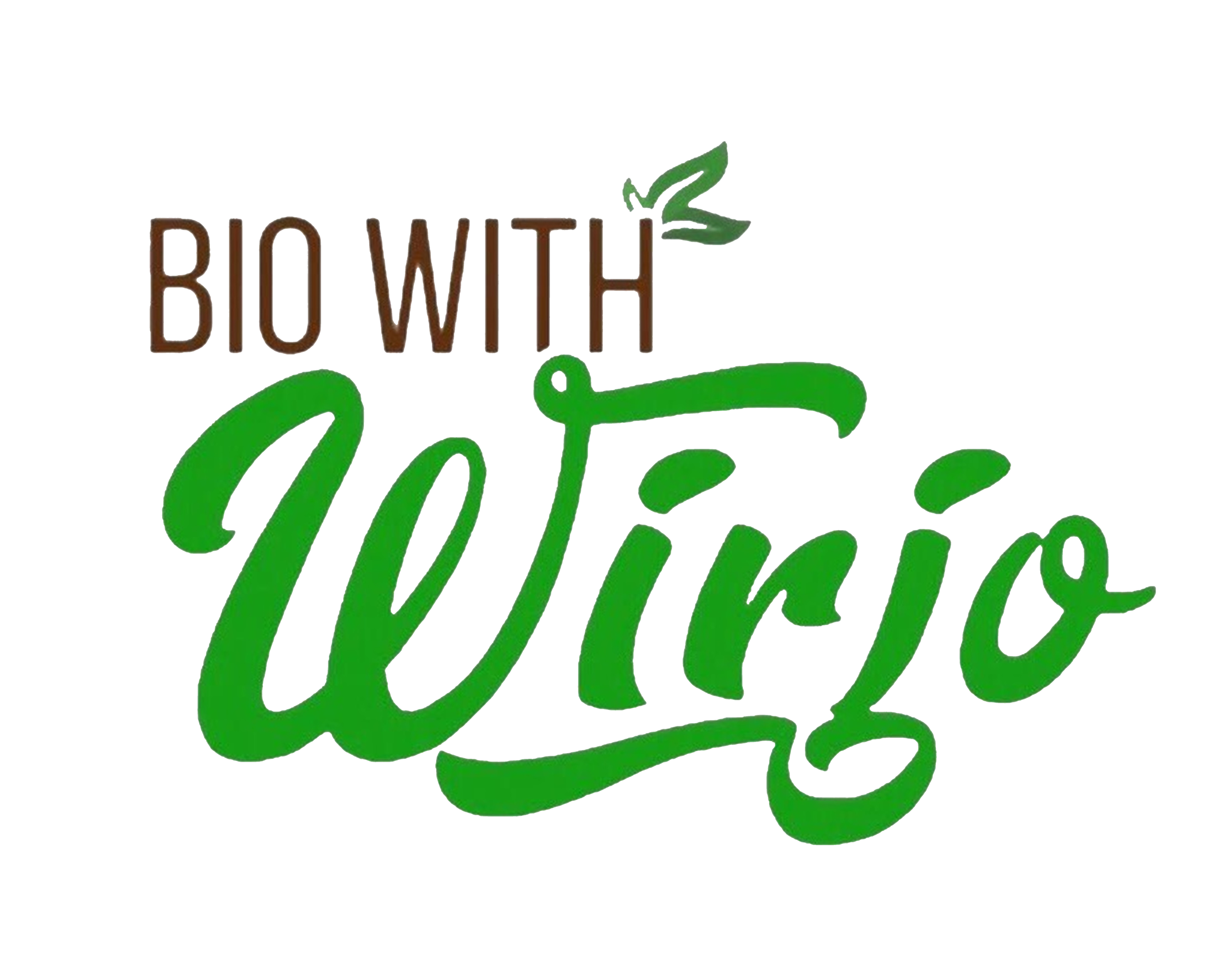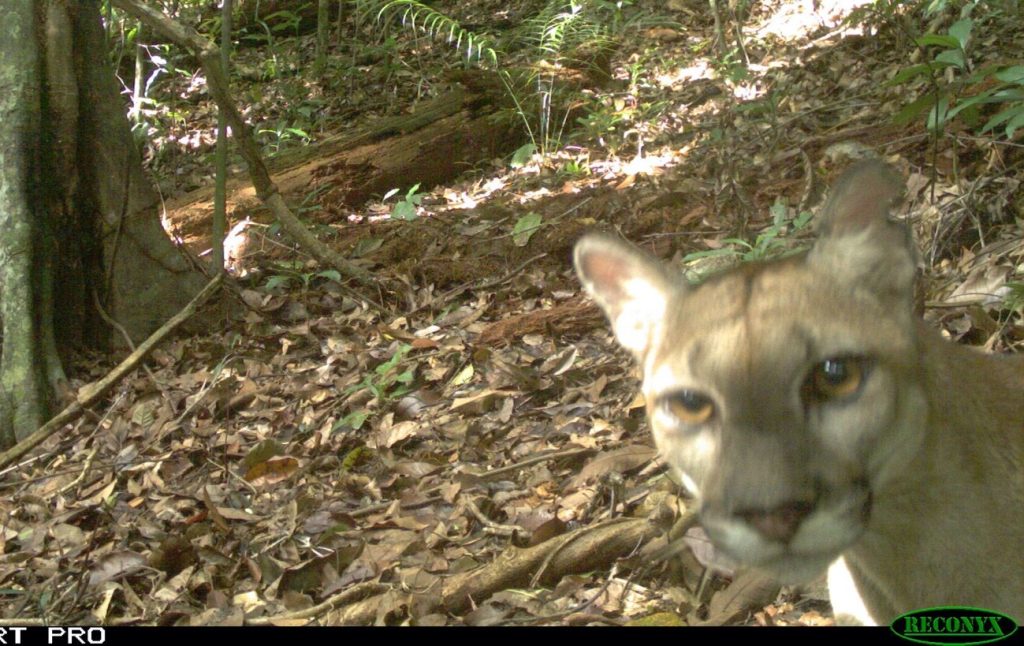Research has shown that animals that are active during the day and other species that are active both during the day and at night, in particular, adapt their behaviour in areas with many tourists and/or vehicles. On 2 June, a publication was published on the influence of tourism – both walkers and vehicles – on mammals of more than one kilogram body weight that walk on the ground. The results were published in the scientific journal PloS ONE.
The jaguar (also called peni- or pakiratigri) and puma (redi tigri) shift their activity more towards the night, while the tapir or bofru and peccarie (pakira and pingo) avoid the busier areas. The paca or hei, on the other hand, seeks out busier areas, probably because the crowds reduce the chance of falling prey to a jaguar or puma. A number of species that are active at night, such as the ocelot (heitigrikati) and margay (pikin tigrikati), live mainly in trees. Scientists from the Institute for Neotropical Wildlife and Environmental Studies (NeoWild) in Suriname have been monitoring mammals in the Brownsberg Nature Park since 2012 with cameras that automatically take a photo when, for example, an animal walks by. The camera is activated by an infrared signal, which reacts to heat and movement. “So a photo is also taken when a tourist or car passes by. Between 2013 and 2016, sixteen camera stations, some with double cameras facing each other, were continuously in the park,” NeoWild indicates.
The scientists consisting of Paul Ouboter, Vanessa Kadosoe and Dimitri Ouboter expect that there will be changes in the forest in the busier areas. The jaguar and puma regulate the other animals and therefore keep the numbers of rodents – deer or dia and peccaries – in check. Where there are no large predators, the numbers of these species increase, causing fewer fruits to germinate and more vegetation to be eaten. ‘The optimal protection of the entire Brownsberg is therefore of great importance.’
The absence of tapirs and peccaries in busy areas also changes the forest. The tapir is the only species that is able to disperse large fruits and peccaries mainly affect the palm vegetation with fruit predation and dispersal. Predation is the killing and eating of an animal or other organism (for example a plant or fruit).
Gold diggers and hunters
The optimal protection of the entire Brownsberg is therefore of great importance. Because there are still large parts of the nature park where tourists do not come, these mammals still have a safe haven. Ecotourism also has positive effects. For example, it offers people the opportunity to find relaxation in nature, where they see plants and animals that do not occur in urban areas. It can also offer protection against and be an alternative to more exploitative activities such as gold mining and logging. “During the Covid-19 crisis, when the nature park was closed, the researchers saw an increasing number of prospectors and hunters in the photos, so they no longer felt restricted in the area by tourists who mainly visited the plateau on the mountain,” concludes NeoWild.-.

